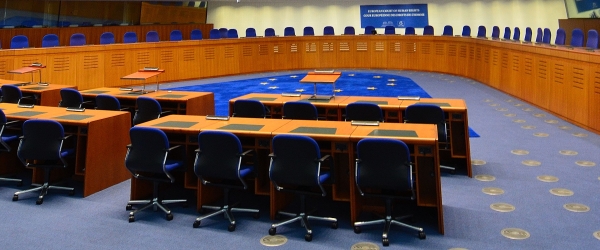
The Consumer Rights Directive (CRD) required businesses across the EU to comply with its requirements from 13 June 2014. EU Member States have takenvarious approaches to implementing the new legislation. The Polish Act on Consumer Rights, which transposes the CRD, came into force on 25 December2014. The newly introduced Article 576 (1) of the CC provides that, if the thing did not have the characteristics it should have had in accordance with its intended purpose or in accordance with assurances made in public, or has been issued in an incomplete condition, then the seller that incurred the costs as a result of the consumer exercising its rights under a warranty for physical defects, may request the redress of the damage suffered from one of the previous sellers, as a result of the actions or omissions of which the thing became defective.















